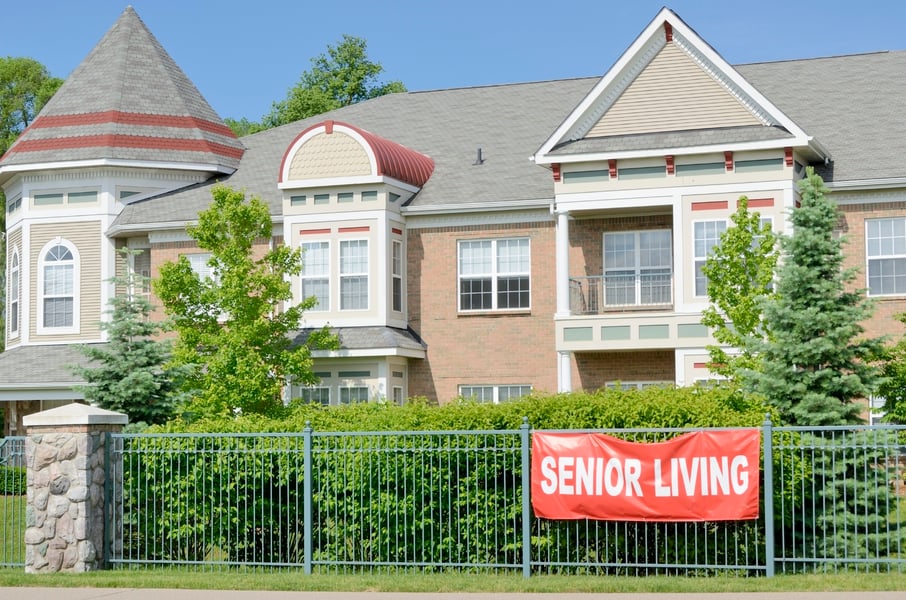Advisers looking to help clients plan where to live in retirement need to ask the right questions to make sure facilities offer what the client needs most.
Understanding the cost of continuing care retirement communities, which guarantee housing, social activities and increased levels of care for life, is the first challenge to be tackled. Those details can be found within the contracts that cover the entrance fees, monthly fees, and the amount of health care and insurance included — but they can be a challenge to comprehend.
Ask how much of the entrance fee is refundable, what the historical monthly fee increase has been and what will happen to residents if they outlive their assets, said Justine Vogel, chief executive of RiverWoods CCRC, at a National Association of Personal Financial Advisors regional symposium in Washington, D.C. on Wednesday.
Advisers also should study the providers' annual financial reports, ask about its accreditation and look at what rating agencies have concluded about the owner.
In additional to financial questions, advisers should investigate and ask about how involved the residents are in the community, the owner's mission and occupancy rates of the facility over time, she said.
“You want to get to know the people; you want to get to know the mission of the owner,” Ms. Vogel said.
(More: Hidden tax benefits of continuing care retirement communities)
Advisers can play a crucial role in helping aging Americans, who typically underestimate the cost of long-term care, plan where to spend their later years. About 70% of Americans will need some form of long-term care option in the future because people are living longer with more complex diseases, Ms. Vogel said.
Costs and benefits of moving to a CCRC will have to be weighed against other options like retrofitting a home to accommodate older health challenges and hiring medical care to attend to individuals at home. Additional issues of loneliness and transportation difficulties have to factor into the solution.
Tom Conway, founder of Connemara Fee Only Planning, has personal experience with the issue. His parents spent $125,000 in home repairs to make it senior friendly, only to wind up needing to move to a care facility two years later because of health issues.
“There are pros and cons of these facilities, but in terms of avoiding big-ticket items, it has been a godsend,” he told about 50 advisers at the meeting.
An individual or couple must meet financial and health guidelines for one of the nation's 1,900 CCRCs to be an option. The wealthiest 25% to 30% of the population can afford to move into a CCRC, Ms. Vogel estimated.
(More: What extreme longevity will mean for the advice industry)
A “life care at home” model is another option that is increasingly available around the country, where a client would essentially buy a level of continuing care that a CCRC offers but it would be provided in their own home. The
Goodwin House in Alexandria, Va., for example, offers such an option.
Other options include skilled nursing facilities, which provide 24-hour care to seniors who can't care for themselves, or living with a family member who can provide care.
But understanding the costs and benefits of all these options can be overwhelming for clients.
“It's challenging to sort out the different care and cost options at available retirement facilities,” said Joel Gemmell, an adviser with McLean Asset Management Corp. “Clients need advisers to help with this.”







